Faculty of College of Arts, Humanities, and Social Sciences Contemplate Ethical Leadership
BY JACK BARGER ’01
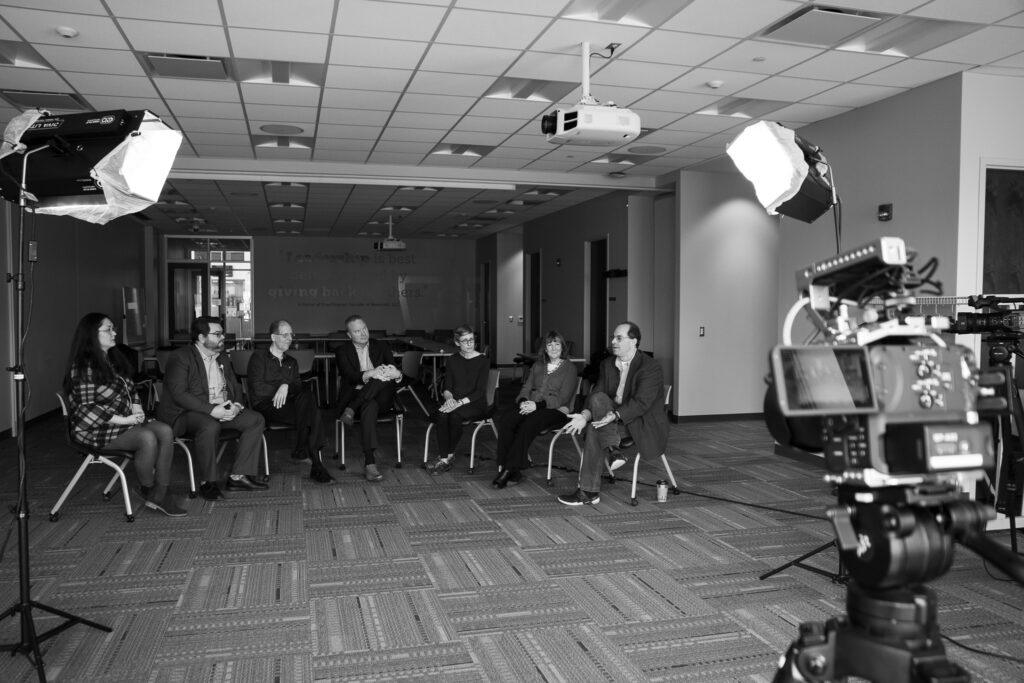
For students at University of Findlay, no matter their focus or major, working with and toward ultimate truth – truth stripped bare of the adornments and biases that often diminish its meaning and might – is vastly important. According to the UF faculty who are most familiar with it, part of their goal is to both model it and to instill it within the students who come to the University with little knowledge of how overwhelmingly necessary using it really is; quite often, they said, students aren’t even aware of how to get to it.
This quest for truth in its purest form is only authentic when it comes as a result of thinking both critically and creatively, and by learning from those who lead the way ethically. At the forefront of this path toward discovery are UF’s professors, particularly those within the creative and deep-thinking confines of the College of Arts, Humanities, and Social Sciences (CAHSS) who consistently probe the deeper issues that require, for many UF students, a great deal of guided contemplation.
The beginning of the journey for this truth for students starts by obtaining and utilizing the tools that assist them in getting there. These tools can be defined and provided by professors like Elizabeth Buchanan, Ph. D., assistant professor of history. She explained that students need to know how to “rationally analyze, synthesize, put context in, and use various data sources, which can be evidence of various kinds.” It may seem like a fairly simple concept as a whole – use reliable sources and, perhaps more importantly, understand what they are – but it’s often not utilized to its full potential, which can, at the least, be frustrating, and at the most, lead to damaging students’ credibility.
The process of getting students to think critically begins by finding out why they are often not doing so already when they arrive at UF. Part of the reason, according to Ron Tulley, Ph.D., dean of the College of Arts, Humanities, and Social Sciences, is that they’ve been taught from an early age a rather formulaic and calculated way of finding truth in their academic pursuits, so that their minds might not even be open to thinking critically and to digging deeper. “Many of our students have spent a lifetime of doing rote memorization of very basic, rote things. They’re not really employing the skills that they don’t even know they have,” Tulley said.
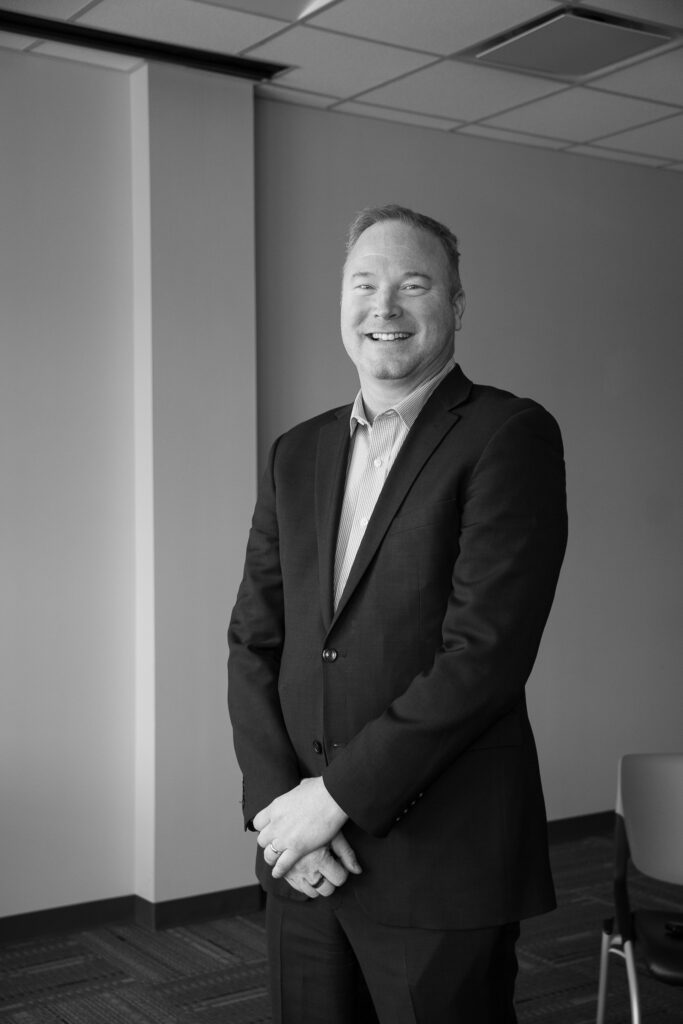
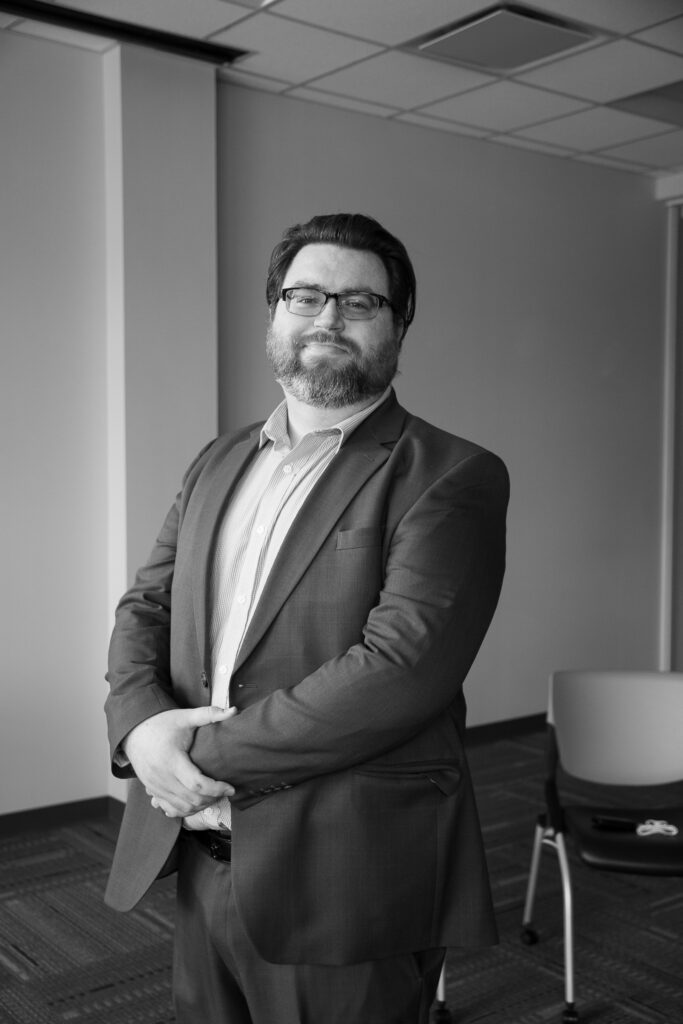
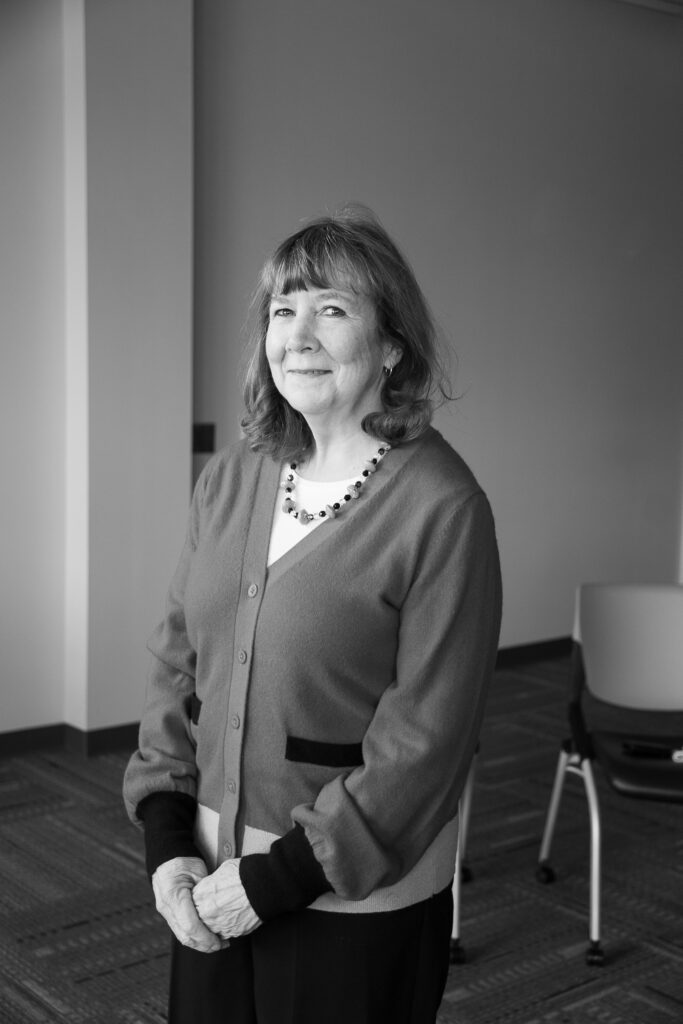
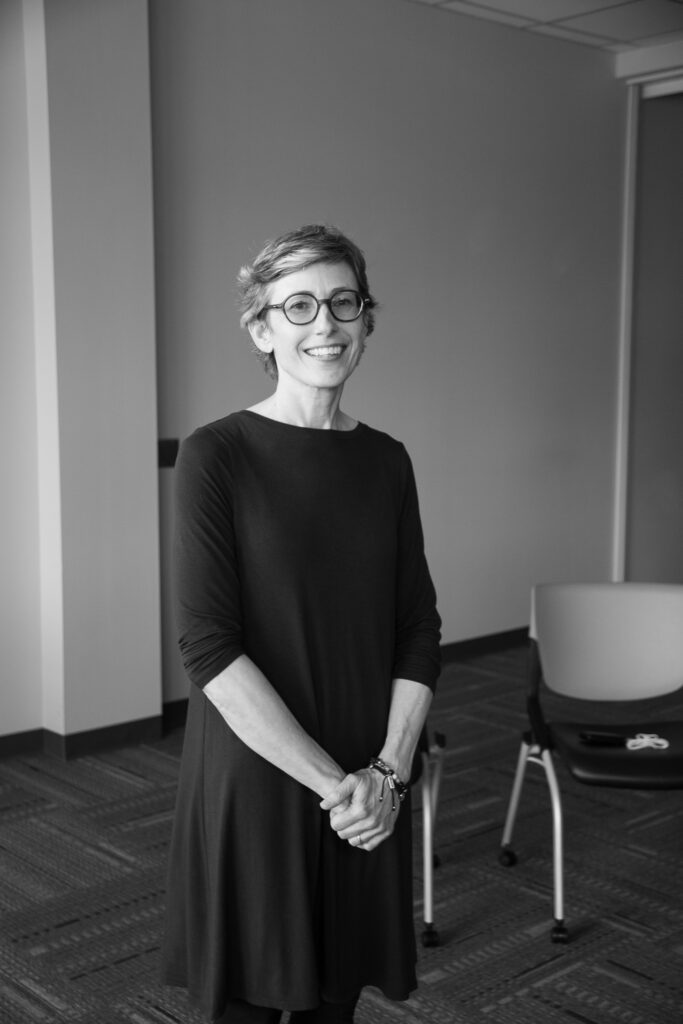
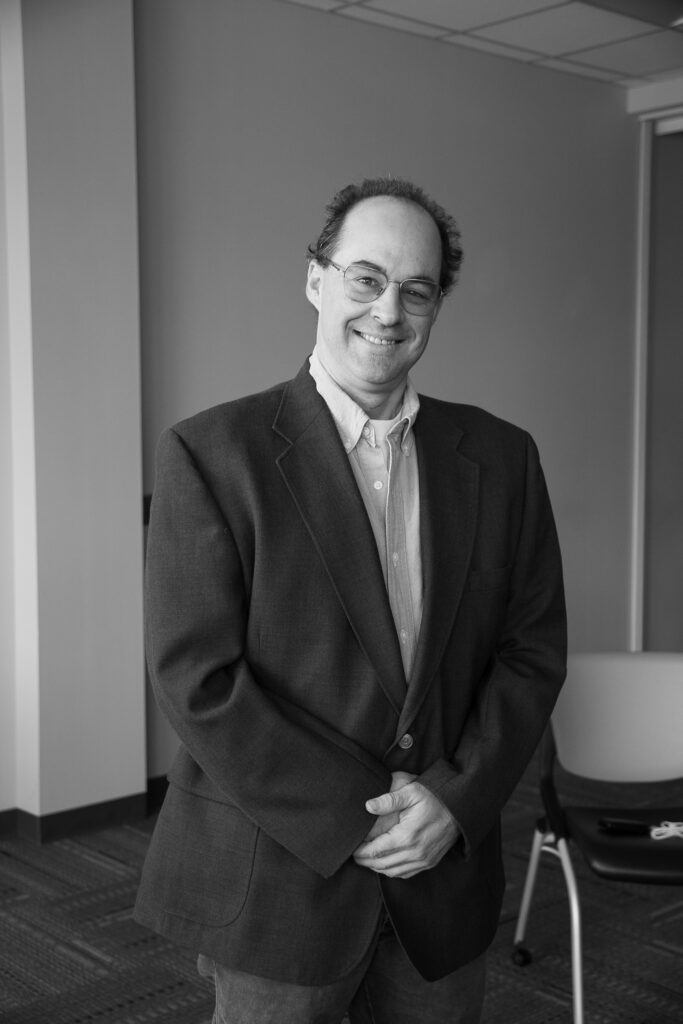
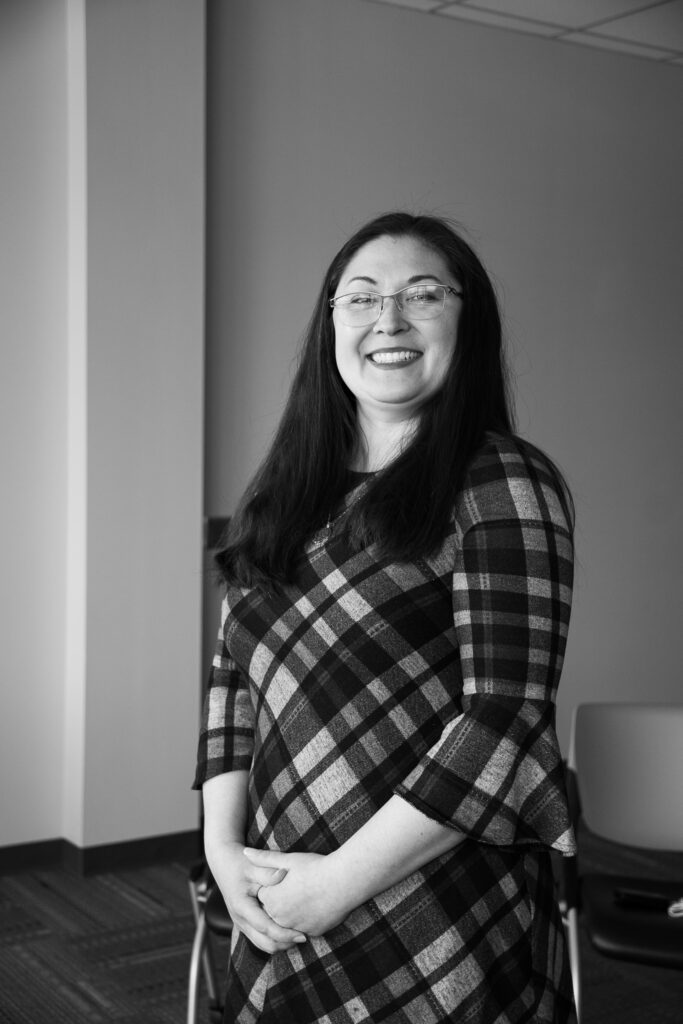
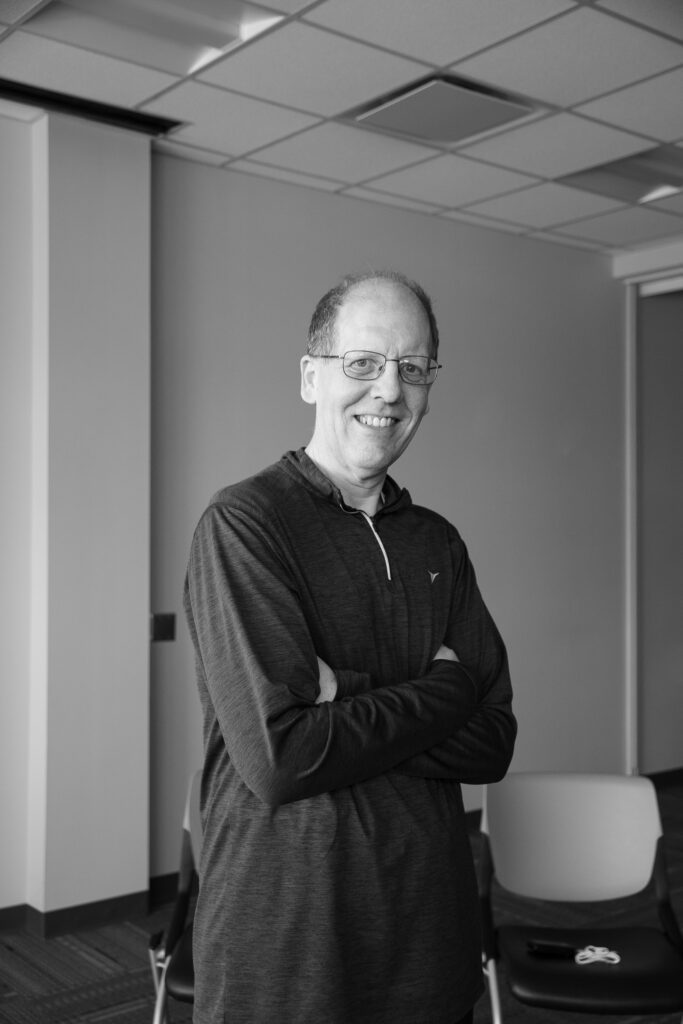
The goal, then, is unlearning the habits that don’t encourage creativity and originality.
When rote habits get coupled with the culture that students are immersed in, the idea of copying someone else’s work is often reinforced as being acceptable. “There’s a certain aspect that we see in younger people with memetic culture, particularly in social media,” added Kit Medjesky, Ph.D., assistant professor of communication. “They think, ‘I’ll reproduce this content in this sort of memetic way. I’ll make the same TikTok that that person made because it was successful,’ in order to get used to the form. The problem is, they’re not willing to take the risk to create something new, to be the original. It’s bleeding in from how much they get from the social media culture.”
The challenge for professors, as a result of students’ ingrained habits, is opening up a new world to those who have arrived out of twelve years of building upon their conventions while growing up with so many outlets for information. The key is making them realize that it’s acceptable – oftentimes valuable, even – to be unsure. “Part of the unlearning is to understand that it’s okay to not know and to have more questions than you have answers,” said Sarah Fedirka, Ph.D., associate professor and chair of English. “Critical thinking starts with basic curiosity, and I find that my students are hesitant to be curious or express curiosity because the stakes are too high for them.”
So, how do we encourage students to “unlearn” this rigid approach to education? According to Tulley, we show them that, along with being okay about not knowing everything, they also shouldn’t be afraid to fail along the way to finding out the answers. “I think that’s the fundamental thing,” he said. “These are students. They’re supposed to fail and fail spectacularly; that’s how they learn.” He went on to add that, although grades are certainly important, “ultimately if you get an A and get out of the class having learned nothing, it’s pointless.” When students are so attached to G.P.A. that the wider picture can’t be seen, it can quite reliably lead to them all but forgetting what is outside of the black and white box where critical thought is located.
Jaymelee Kim, Ph.D., associate professor of forensic science, suggests that, in fairness, this method of contemplation frequently doesn’t even occur to young students. She told of a student in her research group who “never really asked why. She’s a great student, an A student, who did well on everything. It totally blew my mind. That wasn’t a natural sort of question [for her].” This is where the real work for students starts to blossom. Alongside classmates who bring a myriad of experiences and opinions, and guided by professors like Kim, they see other possibilities, and aren’t in fear of stumbling now and then. “Being in a research group – she loved it,” Kim further added. “She delved into it and started developing her own research projects. Part of that critical and creative thinking, too, is being willing to go into the unknown areas and push the boundaries.”
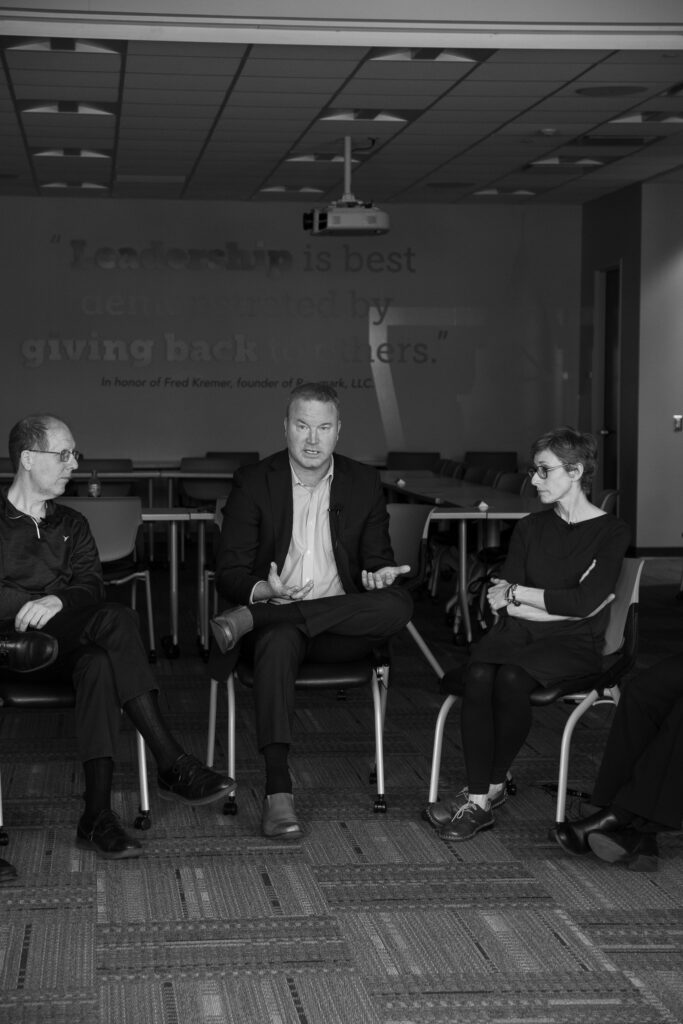
“What we bring together [at UF] is a sensibility of how these silos can be broken down, and to inform our students that you don’t have to think of discipline as having walls around it,” Tulley offered. “The very nature of what we do at college is broadening horizons. That has to be part of this critical process too.”
Of course, in order for students to really benefit from this method of research and reason, it needs to affect not only their meaningful lives as students across the curriculum, but also as alumni with productive careers, as well as in other areas of life before and after graduation. Robert Postic, Ph.D., professor of political science and chair of the department of behavioral sciences, said, however, that students and young people quite often compartmentalize their knowledge, thus not carrying it into other areas of their life. “There’s that disconnect that’s there,” he said. “To me, that falls under critical thinking. The idea to take the knowledge and these experiences and apply them to totally different situations.” And that’s why professors begin this effort to broaden horizons early and often.
Matthew Stolick, Ph.D., professor of philosophy, said that on the very first day of class in his introduction to philosophy class, he asks his students, “What is the ultimate meaning of life?” as a springboard to creative and critical thought. “What I want them to see,” he said, “is that there is none; or that there are a lot. As a philosopher, my goal is to get to the truth. It’s personal and real. Once we get them there, they’re on their way.”
As students at UF dedicate their lives to the word “education,” it’s equally crucial that they commit to the word “truth,” for there are bigger and better areas of our lives that go well beyond letters and numbers. There are ideas. There are hypotheses. There are discoveries.
But it takes a lot of thinking to get there.





